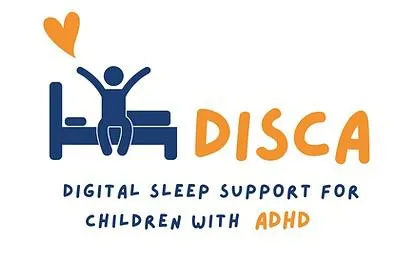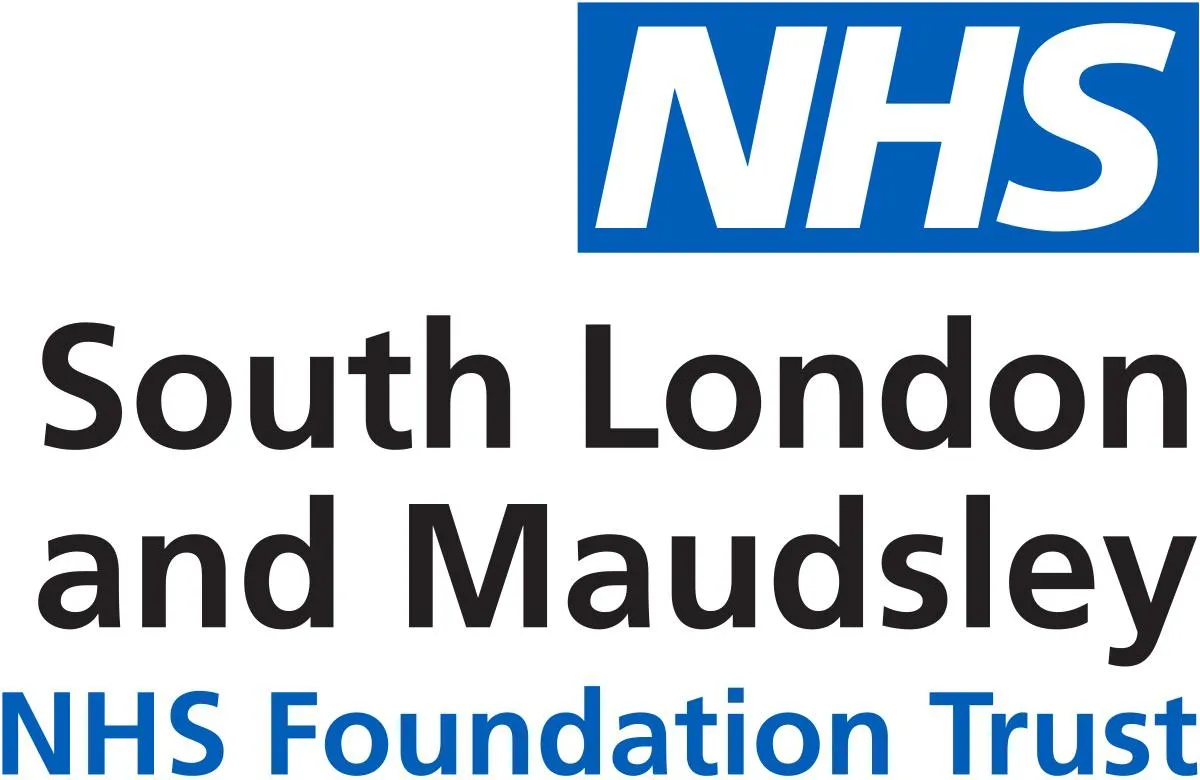Digital Sleep Support for Children with ADHD (DISCA)
Digital Sleep Support for Children with ADHD (DISCA) have developed a digital sleep guide together with parents and carers of children with ADHD called SleepBuddy to help parents and carers of children with ADHD improve their child’s sleep.
In this study, we will test in a multi-center, randomized controlled trial if the digital sleep guide works in over 300 children with ADHD aged 6-12 years who have sleep problems. Children will be put into 2 groups by chance: half of them will get the digital sleep guide and the other half will continue to receive the health care they usually receive.
Most importantly, we will see if children who get the digital sleep guide sleep better. As we know that sleep affects many aspects of wellbeing, we will also measure any changes in children’s daytime behaviour, cognitive performance, and quality of life.
When children do not sleep, it is often true that their parents or carers do not sleep well either. So, we will measure changes in parents’ and carers’ sleep as well as their daytime wellbeing and quality of life.
Aims
To test the efficacy and cost-effectiveness of the digital behavioural intervention versus treatment as usual in a multi-centre (University of Southampton, King's College London, Newcastle University, Nottingham Trent University) randomised controlled trial with a nine-month internal pilot.
Methods
The novel digital parent-guided behavioural sleep intervention will be tested in a multicentre randomized controlled trial compared to treatment as usual.
Children with ADHD and chronic insomnia aged 6-12 years and their families (n=334) will be recruited to a multicentre randomised controlled trial from NHS and private clinics, C4C, foster care services, ADHD and parent support networks and ADHD charities, social media, GPs, sampling for underrepresented populations. Children will be randomised 1:1 to digital intervention or treatment as usual.
The primary outcome—sleep onset latency, based on parent-completed sleep diaries—will be measured three and six-months post-randomisation. Secondary outcomes will include ADHD symptom severity, behavioural and emotional functioning, neurocognitive variables, quality of life, and parental sleep and well-being.
A within-trial cost-effectiveness analysis will be extended to model long-term costs and quality adjusted life years for the digital intervention versus treatment as usual.
A mixed-methods process evaluation will measure engagement with the digital intervention.
Trials Design
Multicentre randomized controlled trial.
Our Partners

Nottingham Trent University

University of Nottingham
University of Southampton
University of Surrey

National Attention Deficit Disorder Information and Support Service

Cumbria, Northumberland, Tyne and Wear NHS Foundation Trust

Principal Investigators
Investigators
Affiliations
Project websites
Funding
Funding Body: National Institute for Health and Care Research
Amount: £2,284,425.00
Period: September 2022 - February 2028









